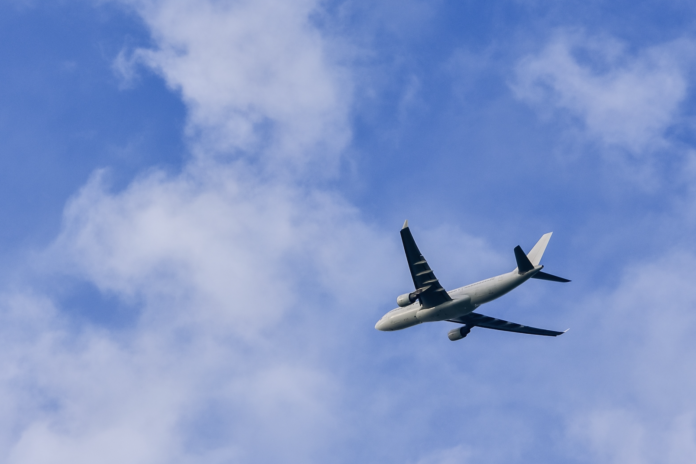There are many factors that are associated with healthy (and not-so-healthy) hearts. A new study says that airplane noise may be one of them. Published in the Journal of the American College of Cardiology, the study suggests that people who live in areas with louder airplane noise levels may have a higher risk of heart abnormalities that are associated with heart attacks, heart rhythm aberrations, and strokes.
“Our study is observational so we cannot say with certainty that high levels of aircraft noise caused these differences in heart structure and function,” said Gaby Captur, an associate professor at University College London and a study author, in a press release. “However, our findings add to a growing body of evidence that aircraft noise can adversely affect heart health and our health more generally.”
Read More: What Is, Scientifically, the Most Annoying Sound?
A Heart-to-Heart on Airplane Noise
Over the years, several studies have scrutinized the links between airplane noise and health. But few have considered airplane noise’s connections to the heart.
Hoping to address this gap, a team of researchers studied MRI heart scans from 3,635 people who lived in areas around four major airports in England. Turning to UK Civil Aviation Authority estimates of airplane noise in those areas (all estimated at least three years before the MRI scans were taken), they then compared the scans of people who lived in higher and lower airplane noise areas.
Controlling for factors such as age and lifestyle, the researchers concluded that the heart muscles of those who lived in areas that were louder — and particularly those who had lived in areas that were louder at night — were stiffer and thicker, and less able to tighten and loosen to pump blood throughout the body.
The team then studied a second set of MRI heart scans, this time from 21,360 people. This second set of scans revealed that people with stiffer and thicker heart muscles were two to four times more likely to have heart attacks, heart rhythm abnormalities, and strokes, among other issues, than people without.
The results, the researchers say, highlight the need to reduce airplane noise in areas where it is most concentrated.
“Concerted efforts from government and industry are needed to reduce our exposure to aircraft noise and mitigate its impact on the health of millions of people who live close to airports or under flight paths,” said Captur, according to the release.
Read More: Is City Living Bad For Your Health?
Nighttime Noise
The researchers say that heart abnormalities were more common for people who lived in areas with higher nighttime than daytime noise, possibly due to disruptions of sleep.
“Aircraft noise at night has been shown to affect sleep quality,” said Anna Hansell, a professor at University of Leicester, in the release. “This may be an important factor affecting health.”
High levels of airplane noise can also create a stress response in the body, causing blood pressure to rise, arteries to constrict, and digestion to slow. They can also cause stress hormones, like cortisol, to release throughout the body, increasing appetite and contributing to weight gain.
Though previous studies have found that higher blood pressure and obesity are associated with higher levels of airplane noise, the new study found that both higher blood pressure and obesity help account for the link between airplane noise and heart health, too. About 10 to 35 percent of the daytime connection was attributed to higher blood pressure, while about 25 to 50 percent of the combined daytime and nighttime connection was attributed to obesity.
“Further research will be needed to investigate the longer-term effects of aircraft noise on the health of those with the highest exposure,” said James Leiper, an associate medical director at the British Heart Foundation, in the release. “But this innovative study reveals the potential invisible impact for those living close to some of our biggest travel hubs.”
Read More: The Noise and Pollution of a City Could Impact Your Mental Health
Article Sources:
Our writers at Discovermagazine.com use peer-reviewed studies and high-quality sources for our articles, and our editors review for scientific accuracy and editorial standards. Review the sources used below for this article:
Sam Walters is a journalist covering archaeology, paleontology, ecology, and evolution for Discover, along with an assortment of other topics. Before joining the Discover team as an assistant editor in 2022, Sam studied journalism at Northwestern University in Evanston, Illinois.
Source : Discovermagazine






